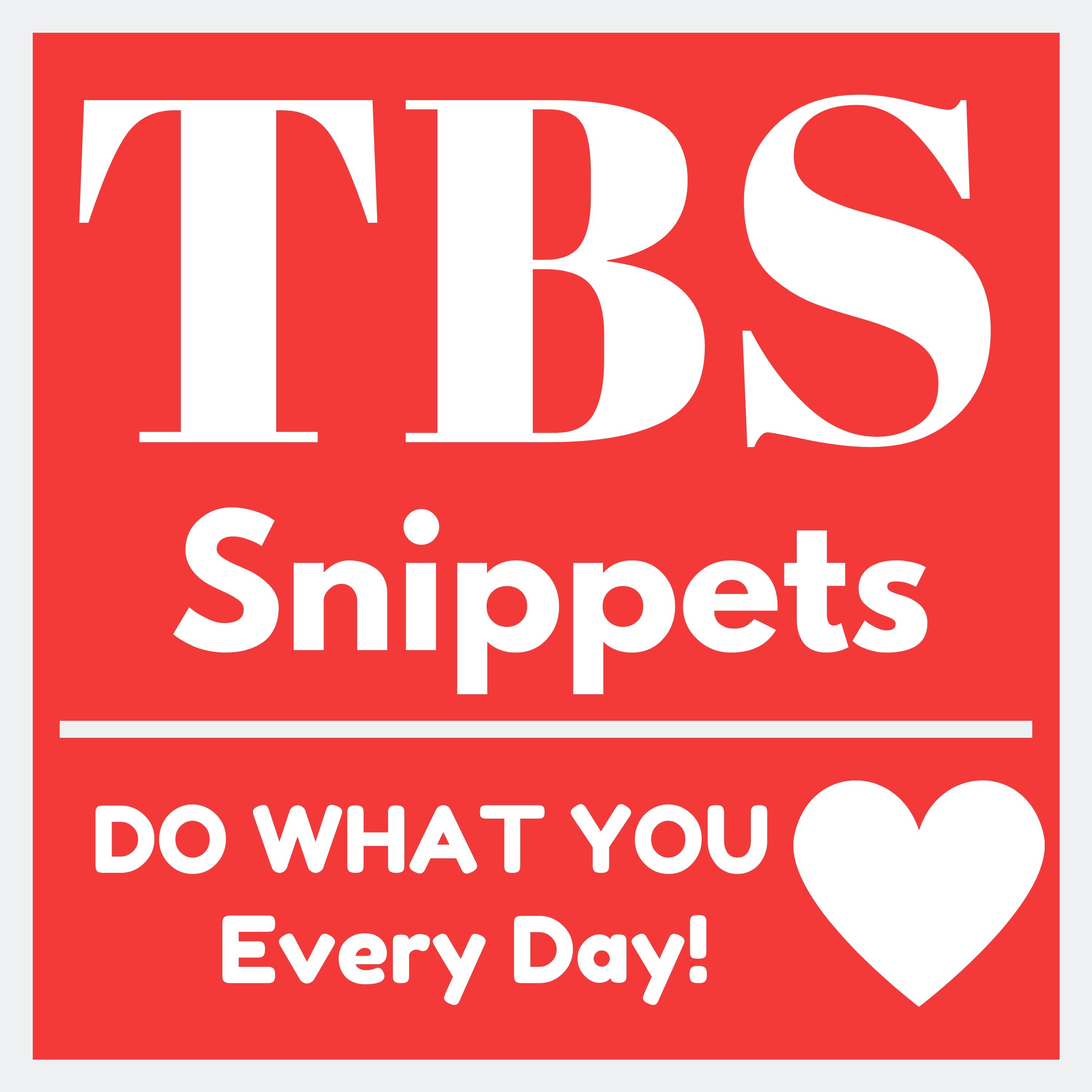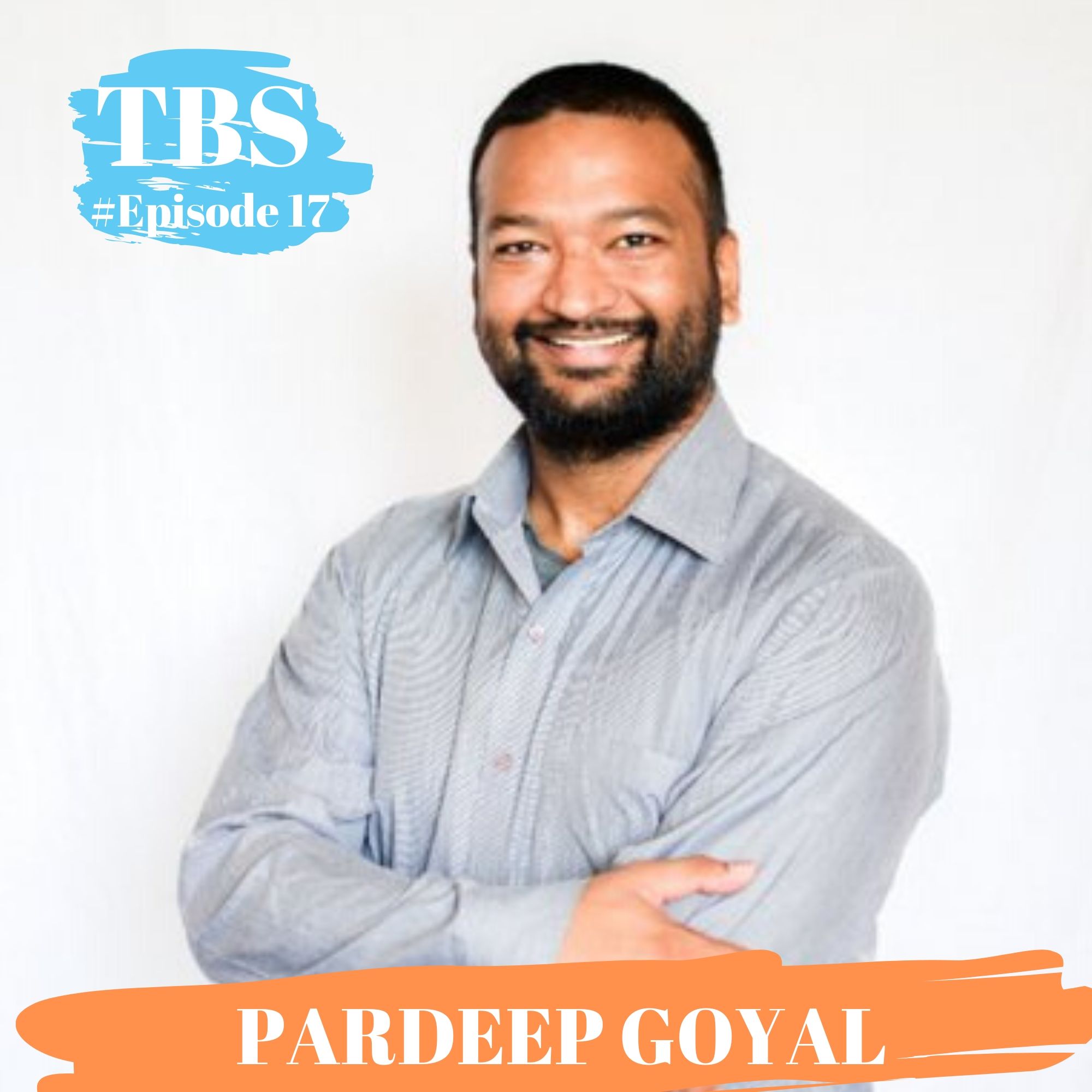Leveraging the Power of Stories
Description
Business Story Telling Coach and Founder of Storywallahs, Ameen Haque helps us understand what makes stories authentic, how stories shape our lives and how can you and I leverage the power of stories to improve the quality of our lives and businesses.
List of Questions from the Episode
- What movies and stories are you reading right now? (03:12 )
- What is a Narrative? (06 min, 35 Sec)
- What are the Fundamental elements of a story? (11:19 )
- What is your take on Facebook, Instagram naming their tools as Stories? (17:31 )
- Why should businesses use story telling? (29 min)
- How can Freelancers leverage story-telling to identifying new clients? (33:35 )
- What is the problem of narrow vocabulary? (36:08 )
- How to Build rich vocabulary (39:22 )
- Examples of people you look up to for really rich vocabulary in Business (43:50 )
- How do you weave numbers into a narratives? (45:46 )
- When does Call for Action become a problem? (48:43 )
- Summary of take Aways (56:45 )
3 Big Takeaways from the Conversation
- If there is no conflict, there is no story - Isn’t this beautiful. Just think, If you have always had a comfortable life, if you have always tried to play safe and be where you are, then do you really have a story worth sharing? On the other hand, if you’ve taken up a project that sent jitters down you spine and challenged your gut, if you’ve pushed yourself beyond the cushions of your comfort, then perhaps, things are difficult right now but remember while you go through it, you are weaving a story that you will be proud to share.
Great Stories Help us deal with fundamental human conflict - As Ameen mentioned, The primary purpose of stories is to help deal with a conflict. There are good movies that deal with conflicts of present times and then there are religious stories from lives of Krishna, Buddha, Mohammad and Mahavira that deal with human conflicts that have existed for thousands of years and are here to stay as long as we exist. Now extend this to business story telling. While pitching to/your clients, do you just focus on your skill sets or do you focus on the conflicts of your clients and tell a story that explains how your skills resolve those conflicts
Let the audience own a part of your story - I’m going to repeat a quote that Ameen mentioned in the conversation “When you are a laying a mouse trap, don’t place so much cheese, that there is no place for the mouse to come”. This is a message I’m going to reflect upon in the next few days. I would like to understand how can I weave a call for action within a story without explicitly giving out a call for action.

















